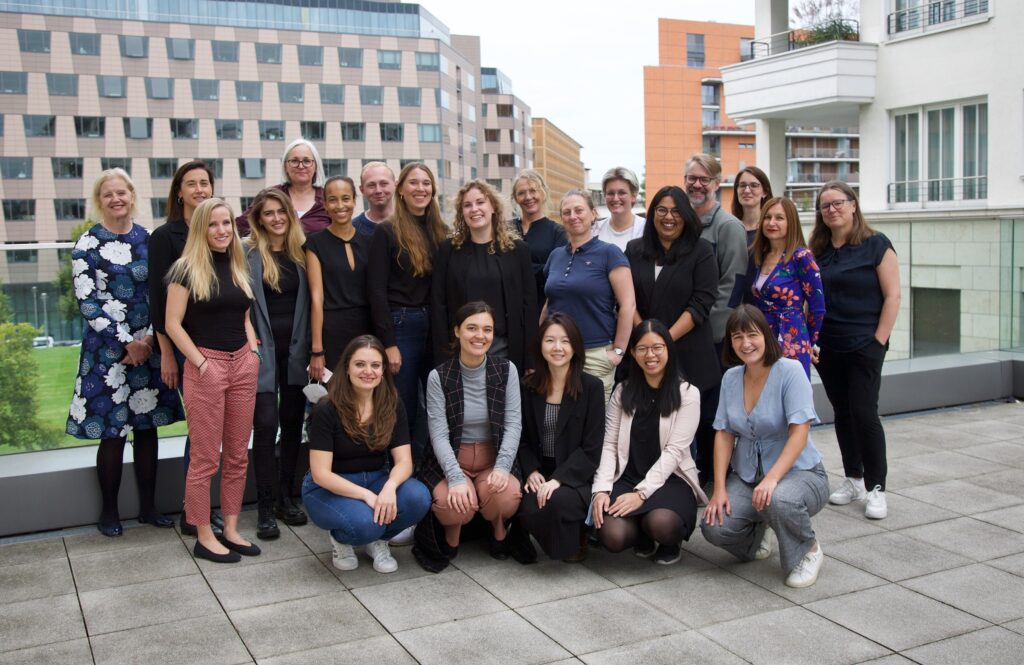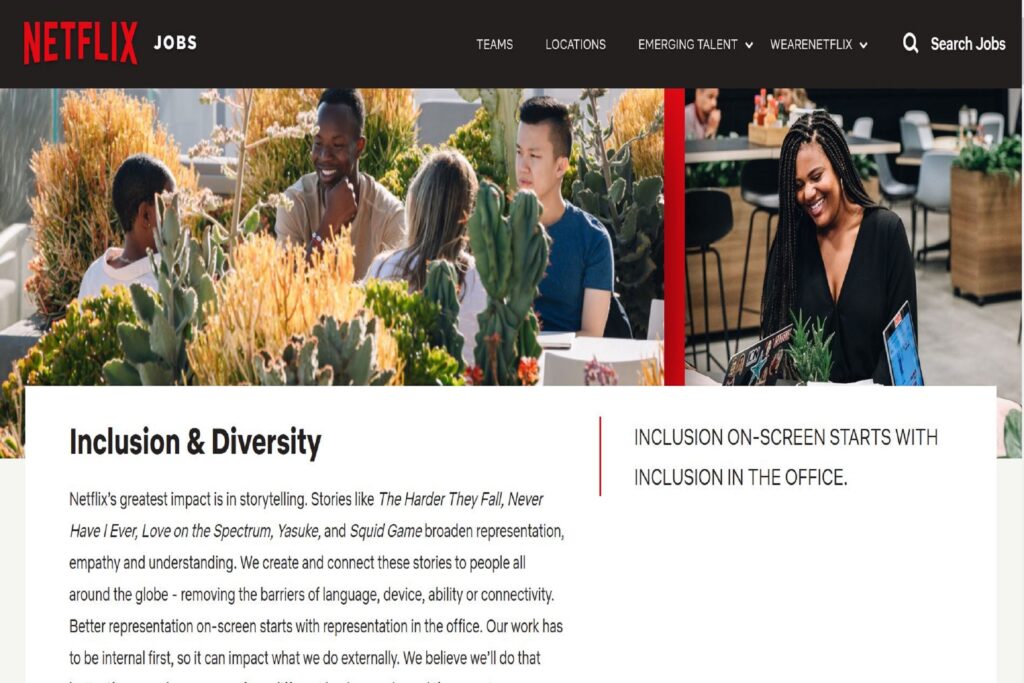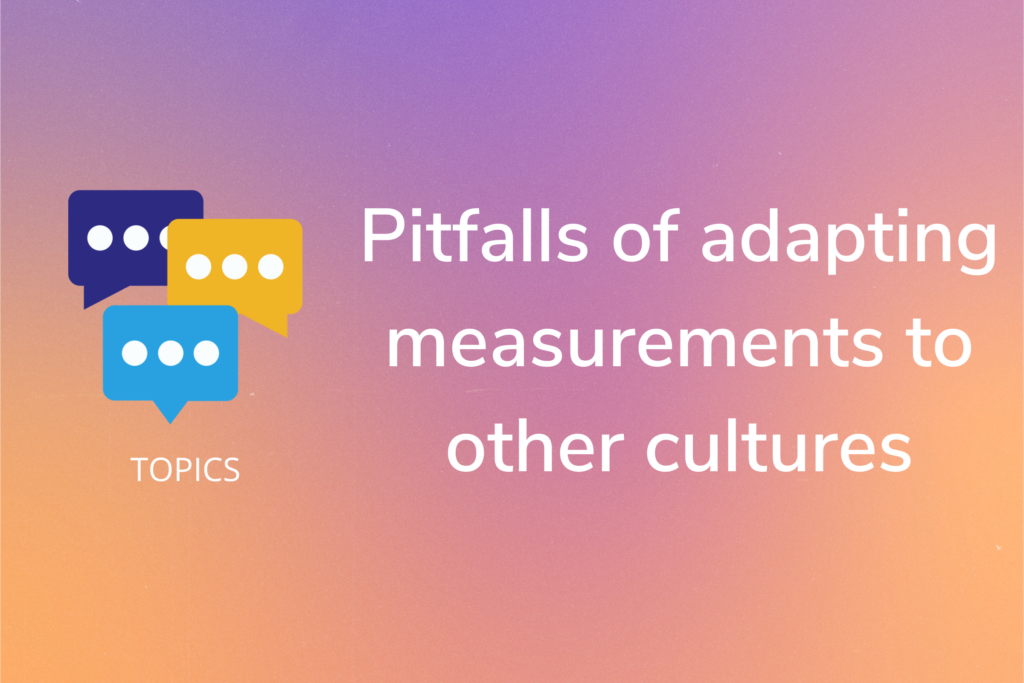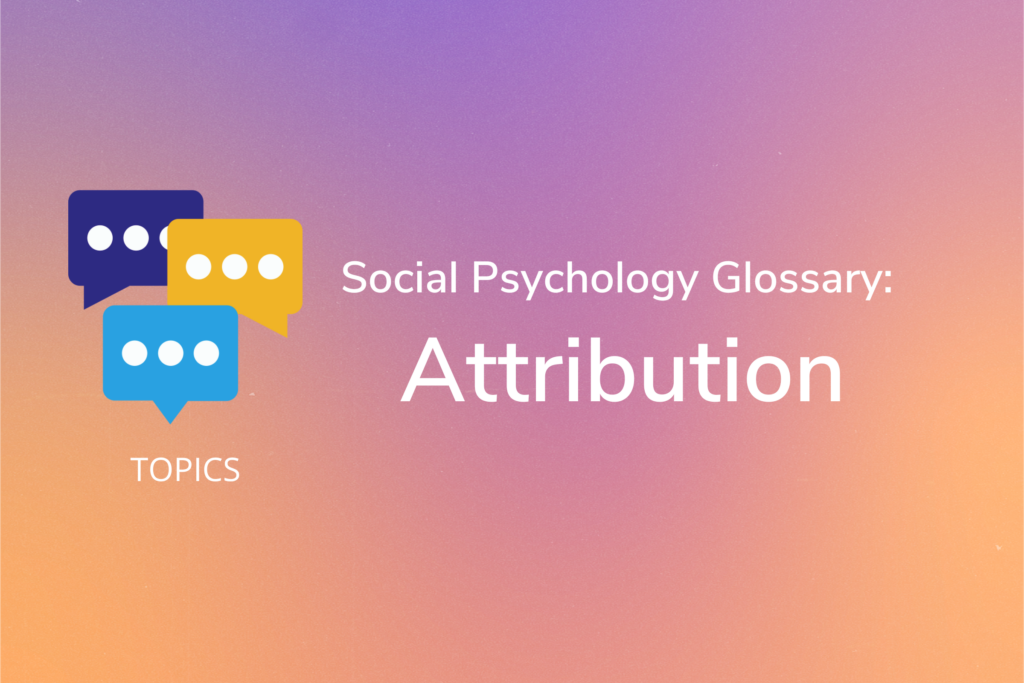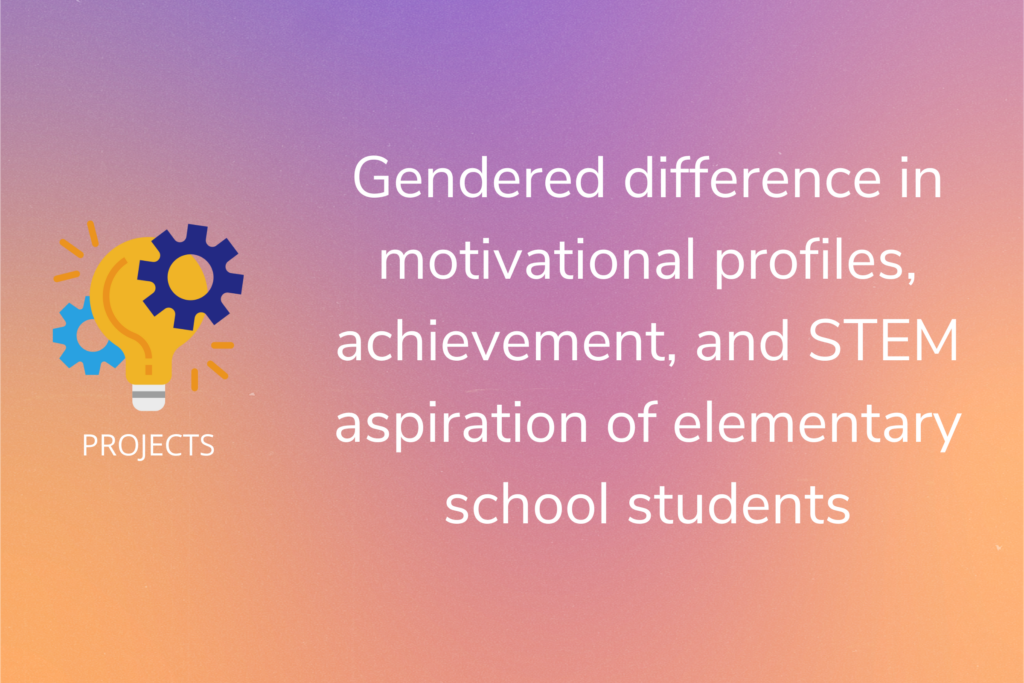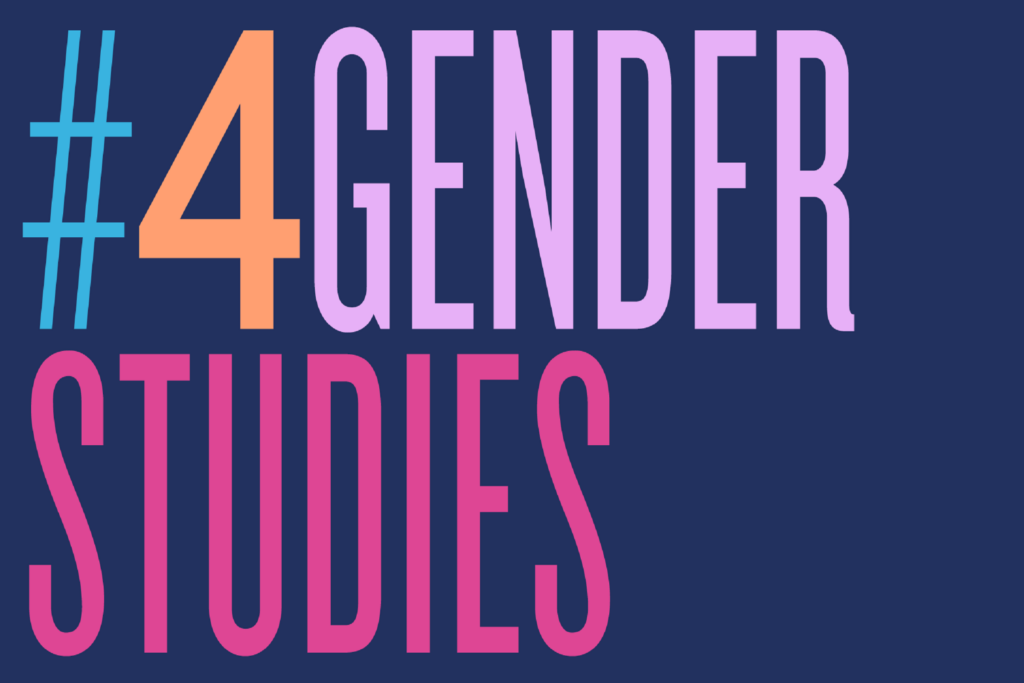The Importance of Decolonizing Knowledge: Dr. Bareerah Hafeez Hoorani and Rasika Mahajan on Postcolonial Feminism
In this podcast, ESR Rasika Mahajan has interviewed Dr. Bareerah Hafeez Hoorani, Asst. Professor at Radboud University and they unpack postcolonial feminism based on their own experiences and identities as South Asian women, and their journey with rediscovering themselves, their roots and their historical past. They deconstruct oppression, and talk about the connection between the past and the present as a result of colonial encounters. They discuss how this lens can be incorporated into methodology in order to conduct responsible research.

